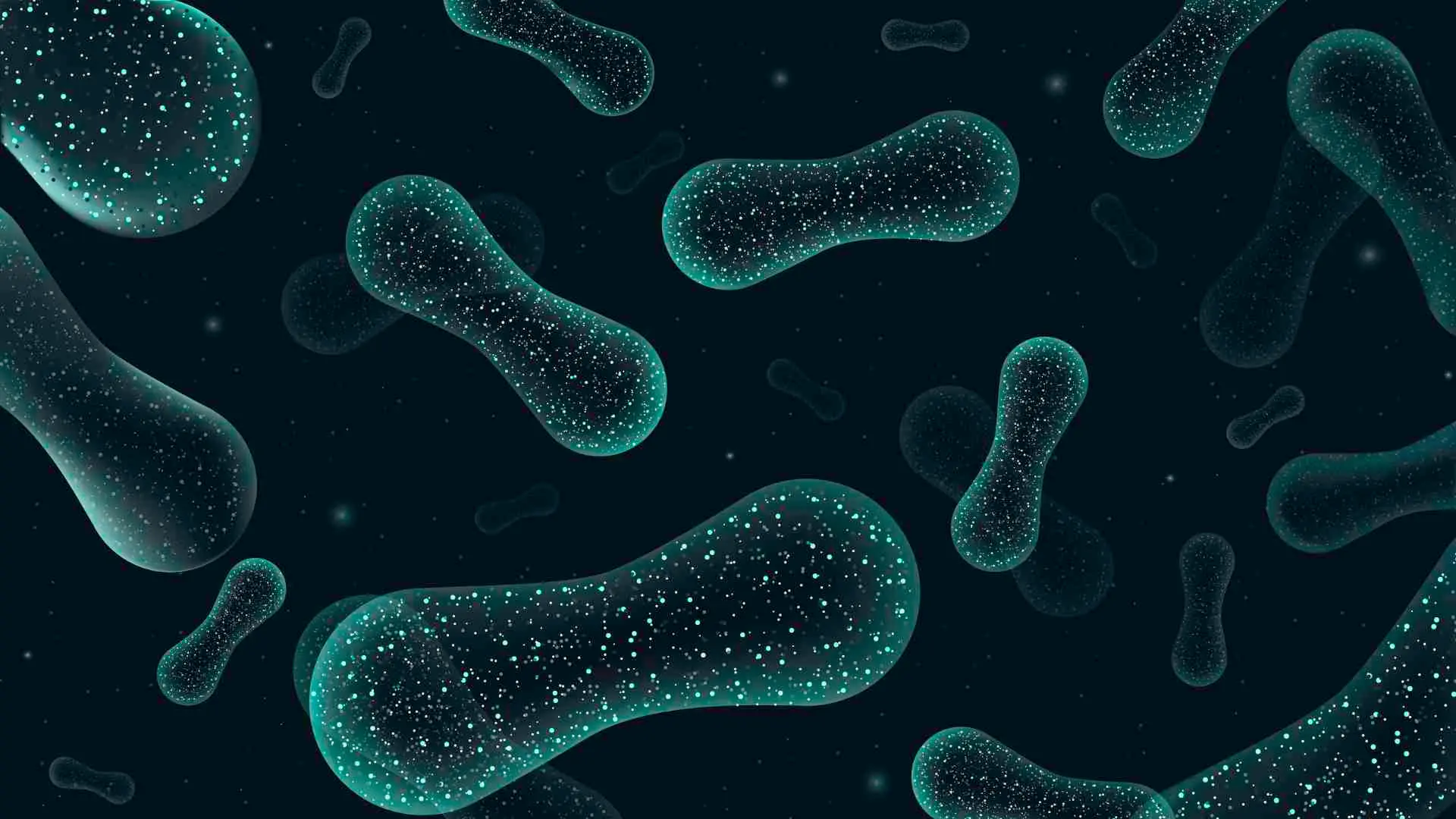
Many people believe that taking a probiotic simply puts back the good bacteria into the gut. However, this is not the case. In fact, many of the strains of microbes in probiotics don’t even count amongst the most popular species of commensal microbes. For example, lactobacillus and bifidobacterium are present in almost all probiotics, yet generally make up less than 2% of the microbiome.
Similarly, many believe that the higher the number of microbes, and the more strains present in a probiotic, the better. This also is not true.
Rather than ‘seeding’, or contributing directly to the colonies in your gut, probiotics are generally transient species which exert appreciable benefits during their journey. In fact, good probiotics today are generally made up of only 1-3 strains of bacteria. These well chosen species can be likened to superheros who come into a community, restore order to the environment and allowing the residents to continue to perform their important tasks in harmony.
There is much you can do to influence the make up of your microbiome and shift it towards being as diverse as possible, since greater diversity has been shown to confer the most health benefits.
One easy way is to simply increase the diversity of plant foods that you consume. i.e. the greater the diversity of your diet, the greater the diversity of your microbiome. It has been shown that people who consume more than 30 different types of plants and vegetables each week have a much more diverse microbiome than those who consume 10 or fewer types of plants weekly.
Alcohol can directly influence your microbiome and produce changes that can trigger gastrointestinal inflammation. Ideally consume only 1 standard drink per day and keep 2 days per week alcohol free.
Fibre is extremely important as your microbes rely on fibre to feed them. A low fibre diet reduces the diversity of your microbiome. Including as many microbiome friendly foods as possible every day will make your community of microbes very happy and contribute to your overall health in many ways. Examples of microbiome friendly foods include:
Inulin and fructooligosaccharides: garlic, leek, onion, asparagus, banana, barley, honey, tomato, rye and Jerusalem artichoke
Resistant starch: potato (roasted or steamed and cooled), cashew nuts, rolled oats, white beans, lentils, banana
Fibre: flax seeds, vegetables, fruit, whole grains
Polyphenols: berries, peach, plum, tea, resveratrol, cocoa
Other prebiotic foods: kiwi, beetroot, fennel, green peas, snow peas, cabbage, chickpeas, red kidney beans, pistachio nuts, peaches, watermelon, grapefruit, pomegranate, dates, figs.
Stress releases hormones that sensitise your body to inflammation, including gut inflammation. This compromises the conditions needed by your commensal microbes to flourish, and causes a loss of diversity.
Exercise, among the many other health benefits we already know, also contributes to promoting microbiome diversity.
Finally, antibiotic use can lead directly to the loss of core commensal bacteria, allowing pathogenic bacteria to flourish, sometimes resulting in diarrhoea. If you do need to take a course of antibiotics for what ever reason, ensure you get a good probiotic to assist in discouraging those pathogenic species and assist the commensals to regain control. Give me a call and I can provide you with the right probiotic to use along side your antibiotic (but separated by at least 2 hours) to ensure it has the least impact on your all important microbiome.

